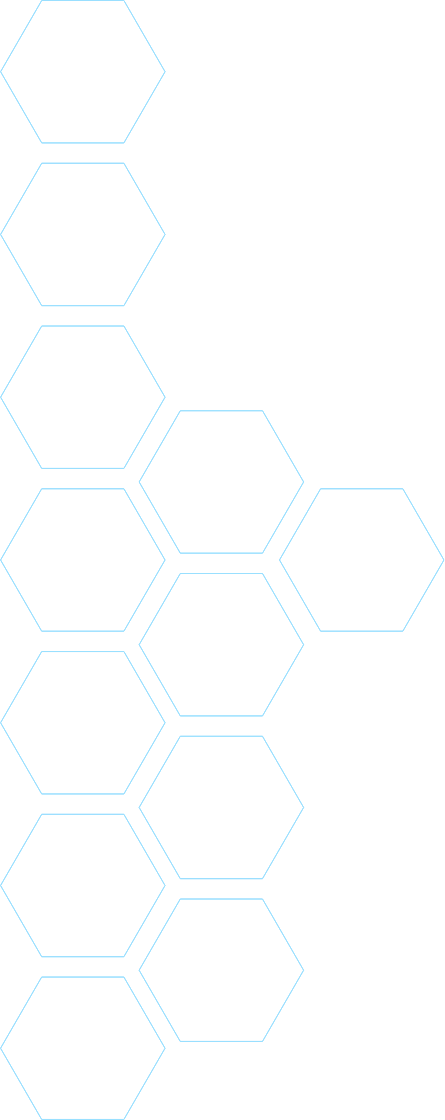August 31, 2023
The C3.ai Digital Transformation Institute releases its 2022-2023 Annual Report, including a retrospective of the most impactful programs since the institute’s launch in March 2020. Co-directors S. Shankar Sastry of the University of California, Berkeley and R. Srikant of the University of Illinois Urbana-Champaign contribute the forward to the report. Readers can view and download the 32-page C3.ai DTI 2022-2023 Annual Report pdf.
FORWARD
We began the C3.ai Digital Transformation Institute three years ago with the goal of developing the scientific foundation of the Digital Transformation of Societal Systems. Technologies at the nexus of AI/ Machine Learning, Internet of Things, and Data Analytics were creating opportunities for new business models and services in societal-scale systems, including transportation, energy, health care, and finance.
Through our research grant program, we funded three rounds of proposals in areas ranging from health care and COVID-19 to distributed energy utilization and mitigating climate change to new defenses against cyber threats on financial and cyber-physical infrastructures. The 72 funded projects have already borne fruit. The pandemic accelerated the pace of digital transformation, additionally stimulating our research programs and impact.
DTI-funded research has resulted in the discovery of novel vaccines for COVID-19 with implications for cancer research, advanced epidemiological models for the spread of contagion, and new algorithms to prevent the kinds of blackouts that struck Texas in 2021. From DTI research, new techniques for monitoring emissions and leaks of hydrocarbons have emerged, along with early wildfire-warning systems, and AI-powered forecasts predicting hurricanes and El Niños soon enough to prepare, evacuate, and save lives. Our projects have developed new defenses against advanced persistent threats and data integrity attacks targeting financial infrastructures.
Our researchers have made new uses of the C3 AI Suite and cloud computing platforms for novel drug development, optimizing both crop yield and carbon capture in agriculture, and hardening electric power systems. Innovative DTI energy projects include work on an advanced electrode to capture “forever” chemicals and machine learning algorithms to navigate floating solar-powered kelp farms over tides to deposit sequestered carbon dioxide in deep ocean channels.
It is fair to say that from the immense volume of creative output that has been published, and presented at our colloquia and deep-dive workshops, a new discipline of the Science and Technology of Digital Transformation is taking shape. This new discipline combines machine learning and AI, data science, mathematical economics, and mechanism and incentive design into new normative models for introducing, assessing, and implementing new products and services. We expect these programs to grow rapidly in number and interest, at both business and engineering schools.
The work is both normative and behavioral, in that the robust algorithms that we have developed adapt to changes in human patterns and practices. It is well-known that societal systems change and adapt to new digital transformation services and solutions. What is novel is how to incorporate these changes into the designs of algorithms integrating cognitive models of human decision-making.
The emergence of Generative AI and its methods for going beyond analytics to generate intelligent insights and predictions about the future will further advance this science. The ability for AI systems to work with humans, learn their reasoning styles, and adapt to provide meaningful advice is the starting point for well-integrated Human-AI teams. Generative AI has already shown what it can do in terms of generating text, images, and even software code. For use in societal systems, we will need to provide trust and high confidence guarantees about its conclusions.
This is an exciting intellectual agenda, and looking to the future we feel that C3.ai DTI is ideally positioned to take on the challenges of integrating tools such as Generative AI into Digital Transformation solutions.
S. Shankar Sastry, University of California, Berkeley
R. Srikant, University of Illinois Urbana-Champaign
Co-Directors, C3.ai Digital Transformation Institute
C3.ai Digital Transformation Institute 2022-2023 Annual Report


